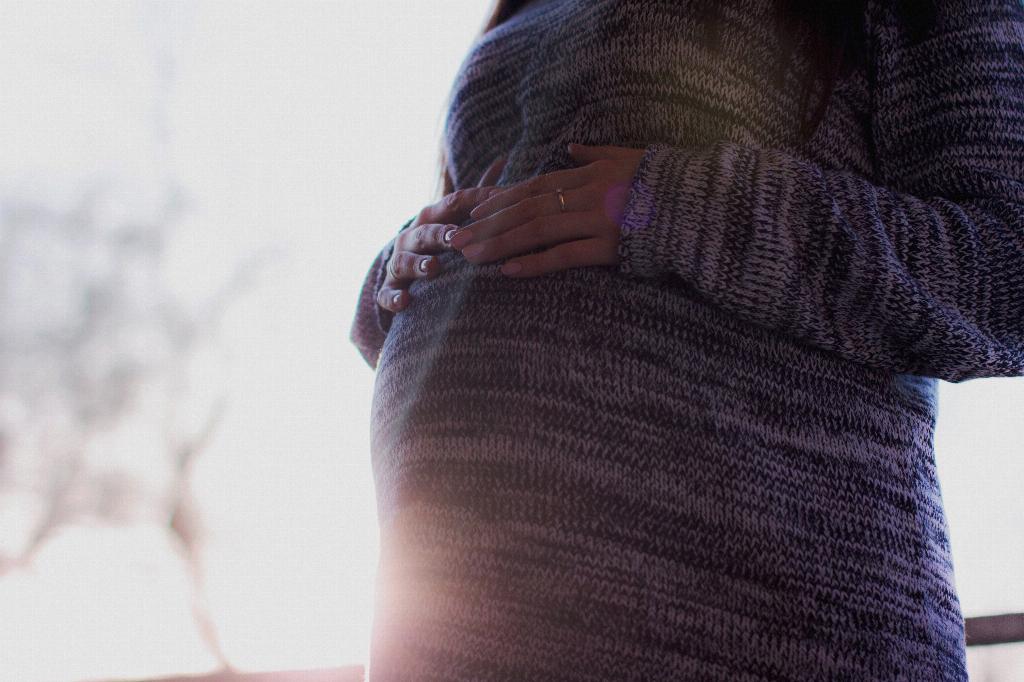One of the most common symptoms experienced during early pregnancy is nausea, often known as morning sickness. Despite its name, this unsettling feeling can actually occur at any time of the day or night. It’s a prevalent issue that affects a significant percentage of pregnant individuals, with studies suggesting that up to 90% of pregnant people may experience it at some point during their first trimester.
The Impact of Hormonal Changes
Nausea during pregnancy is believed to be primarily triggered by hormonal changes, particularly the increase in levels of human chorionic gonadotropin (hCG) and estrogen in the body. These fluctuations can influence the gastrointestinal system, leading to feelings of queasiness and discomfort. As a result, it is not uncommon for individuals to feel nauseous at night, as hormone levels can remain elevated during evening hours.
Timing of Nausea
For many pregnant individuals, nausea tends to peak during the early weeks of pregnancy, typically between weeks 6 to 8. However, it can persist beyond this timeframe for some, with symptoms varying in intensity and duration from person to person. The unpredictability of nausea can make it challenging to anticipate when it may strike, including during nighttime hours.
Nocturnal Nausea Triggers
Various factors can contribute to feeling nauseous at night during early pregnancy. These may include hunger or low blood sugar levels, fatigue, certain smells, and even the position in which one sleeps. Furthermore, evening time can be when the body is more fatigued, potentially exacerbating feelings of nausea and discomfort.
Managing Nighttime Nausea
Coping with nausea at night during early pregnancy can be challenging, but there are strategies that may help alleviate symptoms. Eating small, frequent meals throughout the day, staying hydrated, getting adequate rest, and avoiding trigger foods or smells can make a difference. Some individuals find relief from snacking on crackers before bedtime or keeping ginger candies nearby.
Seeking Support
If nighttime nausea becomes severe or persistent, it is essential to consult with a healthcare provider for guidance and support. They can offer personalized recommendations and potential treatment options to help manage symptoms and ensure the well-being of both the individual and the developing fetus.
Mental and Emotional Well-Being
Dealing with nausea at night in early pregnancy can take a toll on one’s mental and emotional well-being. It is crucial for pregnant individuals to prioritize self-care, seek understanding and support from loved ones, and communicate any challenges or concerns with their healthcare team. Open dialogue and a strong support system can make a significant difference.
Stay Positive
While experiencing nighttime nausea in early pregnancy may be challenging, it is important to remain positive and remind oneself that these symptoms are often a temporary part of the pregnancy journey. Maintaining a hopeful outlook, practicing relaxation techniques, and focusing on the excitement of welcoming a new life can help navigate through this phase with resilience and grace.
Conclusion
In conclusion, feeling nauseous at night during early pregnancy is a common occurrence due to hormonal changes, with morning sickness being a misnomer as it can occur at any time of day. Understanding the triggers, seeking support when needed, and practicing self-care are vital aspects of managing nighttime nausea during pregnancy. By staying informed, staying positive, and prioritizing well-being, individuals can navigate this phase with strength and resilience.

